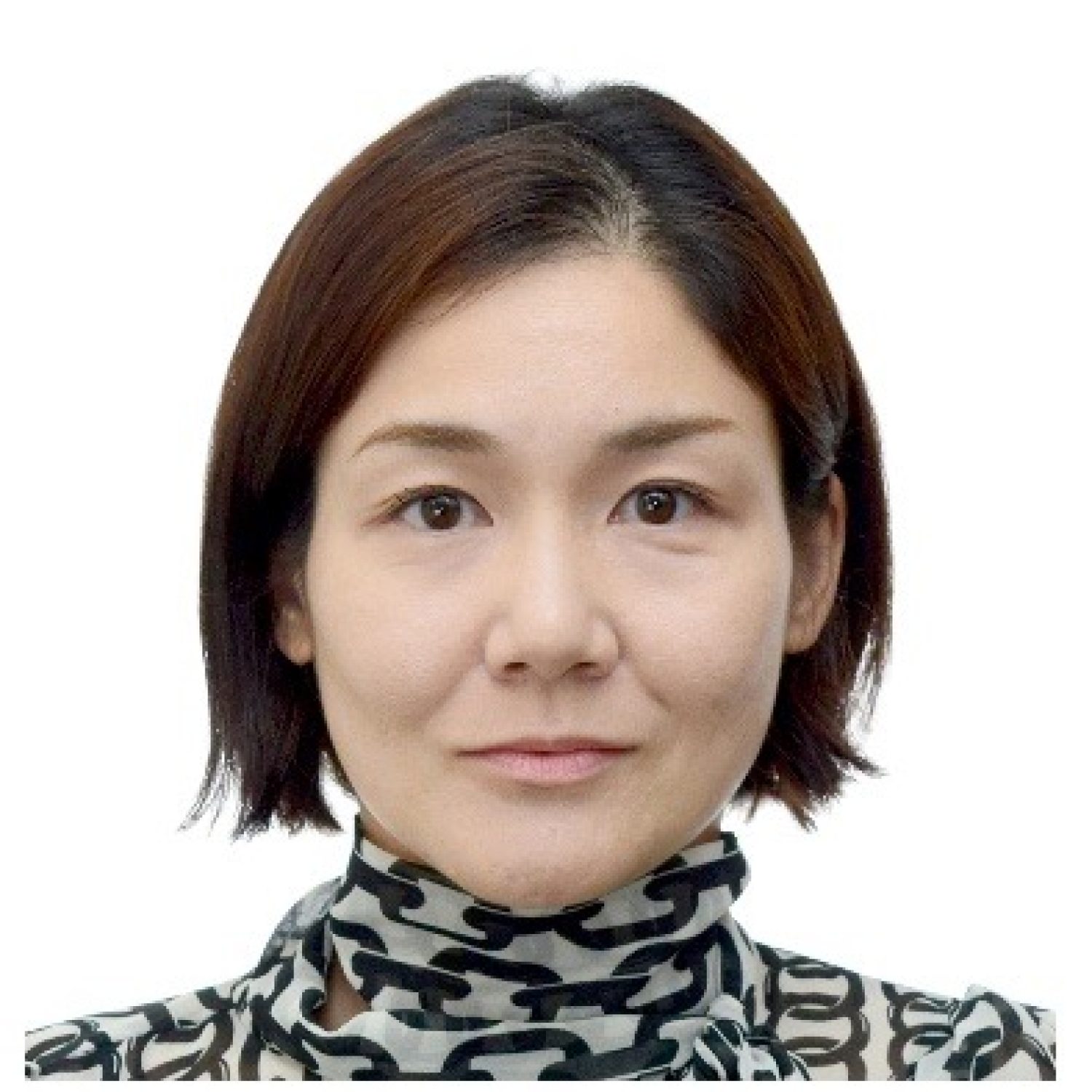
Case Study 3: Successful Proactive Investigations
Case Study 3 aims to demonstrate how proactive investigative approaches can uncover risks early, prevent misconduct from escalating, and strengthen institutional integrity. Highlight successful examples and share practical techniques that investigators can integrate into their work.

David Hawkes (WBG)
Dr. David Hawkes is currently Manager of External Investigations at the World Bank Group’s Integrity Vice Presidency (INT). As a management team member in INT and a former senior public prosecutor (Oberstaatsanwalt) in Berlin/Germany, David has more than 30 years of experience leading people and policy in anti-corruption investigations, prevention and sanctions in a rule-of-law and development context. The focus of David’s investigative work is the integration and deployment of multi-disciplinary, diverse teams of investigators, attorneys, forensic accountants, IT specialists and analysts at national and transnational levels. He has also overseen and led the development of preventative and risk-based advisory systems and services for public- and private sector operations of the World Bank Group. In his previous role in charge of INT’s Special Litigation Unit, David set up and led the first unit with a primary focus on fraud and corruption sanctions in an International Organization, litigating well over 400 sanctions cases during his tenure. David is also a leading expert on the privileges and immunities of International Organizations.

Qing Chu (UNFPA)
Ms. Qing Chu is an Investigations Specialist at the OAIS of UNFPA, with more than 13 years of experience conducting investigations in both the UN system and the private sector. Her work has included investigative roles with the World Bank Group, the United Nations Office for Project Services (UNOPS), and UNFPA as well as serving as an Associate in the regulatory compliance team at DLA Piper LLP. Ms. Chu holds a master’s degree in law, is admitted to practice law in New York, and has also passed the bar exam in mainland China.

Jung Min Han (ADB)
Jung Min Han is a Senior Integrity Specialist of the Office of Anticorruption and Integrity (OAI) at the Asian Development Bank (ADB), leading the Proactive Integrity Review (PIR) team since 2020. Proactive integrity reviews are intended to help executing agencies, implementing agencies and ADB to identify and develop preventive measures to mitigate risks of fraud and corruption, improve project management, enhance project implementation, and replicate lessons learned for future projects.
Prior to joining ADB, Jung Min pursued a career in risk management advisory services, internal and external audit at various international financial institutions and Big 4 accounting firms across the United States, Singapore, Hong Kong, and the Republic of Korea.
Jung Min holds a Master of Business Administration degree (Finance) from New York University, and a Bachelor of Science degree from University of Virginia (Commerce). She is a Certified Fraud Examiner, U.S. Certified Public Accountant, Certified Information Systems Auditor, and Certified Internal Auditor.

Dominik Adamski (EIB)
Dominik Adamski is Head of the Prevention & Detection Unit within the Inspectorate General at the European Investment Bank (EIB). He leads a team responsible for conducting Proactive Integrity Reviews (PIRs)—a methodology he helped pioneer to identify fraud risks and vulnerabilities in EIB-funded operations. His work has been instrumental in developing data-driven tools such as the Fraud and Integrity Risk Scoring Tool and the Corruption Risk in Procurement Robot, significantly enhancing the Bank’s capacity to detect and prevent prohibited conduct.
With nearly 20 years of extensive experience in fraud risk management and integrity oversight, Dominik has played a pivotal role in advancing proactive integrity tools across international financial institutions. He co-authored the General Principles of Proactive Integrity Risk or Fraud Detection, endorsed by the 20th Conference of International Investigators (CII) in 2019.
His work focuses on strengthening institutional resilience against fraud and misconduct through data-driven approaches and cross-functional collaboration.

